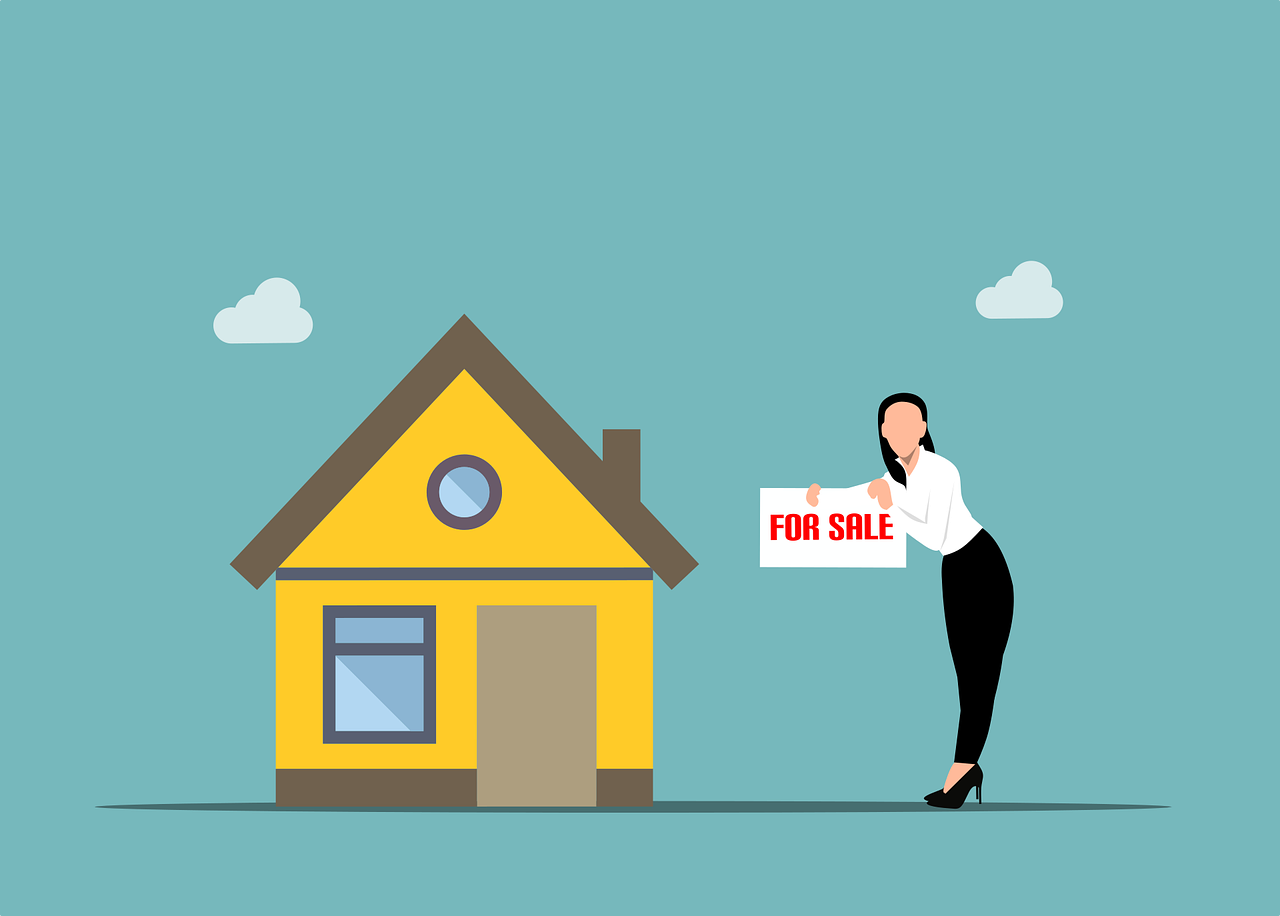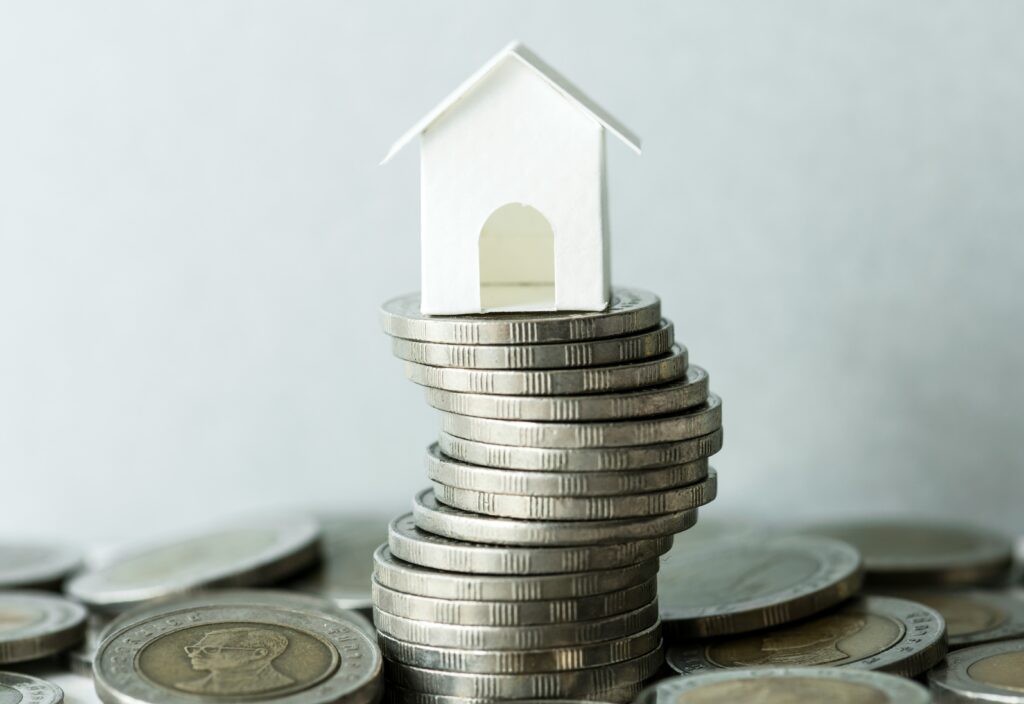
Do I Pay Capital Gains Tax When Selling a House?
Selling property through traditional methods, such as using an estate agent, comes with a number of well-known costs for homeowners. However, the tax implications of selling a property can be less straightforward. You might find yourself wondering if you need to pay Capital Gains Tax (CGT) when selling a home. Typically, you won’t need to pay tax when selling your primary residence, but there are circumstances where Capital Gains Tax could apply. In this guide, we’ll dive into the important details regarding taxes and property sales in the UK.
What is Capital Gains Tax?
Capital Gains Tax (CGT) is applied when you sell an asset that has gained value since its purchase. The amount you are taxed on is the profit you make from the sale, which is calculated by subtracting the original purchase price from the selling price. For instance, if you purchased a car for £8,000 and sold it for £18,000 your profit would be £10,000, and that profit would be subject to tax.
Do I pay tax on profits from selling a house?
Yes, Capital Gains Tax can sometimes apply when selling a property. The rate you pay depends on various factors, including your income and the amount by which the property’s value has increased. For residential properties, CGT is typically charged at either 18% or 28% of the gain in value depending on your income.
Typically, you don’t need to pay Capital Gains Tax when selling your primary residence, but there are some exceptions to this rule. For example, CGT may apply if the property was purchased with the goal of making a profit (such as for property development) or if a portion of the property is used for business purposes.
Common situations where Capital Gains Tax may apply include:
- Subletting part of the property (though having lodgers does not count)
- If the property includes more than 5,000 square metres of land (including buildings)
- If you own another property that could be considered your main residence
On the whole, CGT typically applies to buy-to-let properties or second homes but many of the conditions for tax can be open to interpretation. It’s always a good idea to consult with an independent financial adviser for further guidance and clarity.
How much Capital Gains Tax will I have to pay when I sell a house?
You don’t need to pay Capital Gains Tax on the sale of your home as it’s your primary residence. However, if you own more than one property, you will be required to demonstrate which one is your main residence.
If you’re selling a buy-to-let property, a second home, or any property that meets the criteria for CGT, you will be required to pay tax on the profit, after deducting your annual tax-free allowance. This allowance is currently £12,300 per person, meaning you won’t pay CGT unless your gain exceeds this amount. Once the allowance is exceeded, CGT is charged at 18% for standard-rate taxpayers earning £50,270 or less and 28% for higher-rate taxpayers earning more than this.
How is CGT tax calculated?
It’s crucial to remember that Capital Gains Tax is based on the profit (the gain) rather than the total sale value of the property. HMRC allows sellers to deduct certain costs from the gain, including estate agency fees, legal fees, and any applicable stamp duty. Additionally, expenses related to improvement works, such as the cost of extensions, can be deducted. However, general maintenance costs, like decorating, are not deductible.
To calculate your capital gain, subtract the original cost of the asset (what you paid for it) from the sale price (how much you sold it for). You must then deduct the cost of any allowable expenses (as stated above) and subtract your tax-free allowance (£12,300), finally determining your CGT rate depending on your income. It’s always wise to consult a tax professional, who can help you work out your specific rate.
Are house sale profits considered income?
Money gained from the sale of a property is not considered income if the property is your primary residence. If Capital Gains Tax applies, the rate will depend on your taxable income, but CGT is taxed separately from your other income. Your tax bracket for other income will not be affected by the CGT you owe.
How can I avoid Capital Gains Tax on the sale of a house?
There are certain situations where it’s possible to avoid paying Capital Gains Tax on the sale of a house. Typically, if a resident sells their primary home, CGT doesn’t apply. The property must be their main residence, not used for business purposes, and the owner shouldn’t have rented out part or all of the property (though having a single lodger doesn’t count). In this case, owners are granted Private Residence Relief from the government, meaning they do not have to pay Capital Gains Tax.
There are some cases where CGT may apply. If a seller uses their home address as their business address, they may find that they need to pay CGT when they sell the property.
To avoid tax, the property should also be less than 5,000 square metres, including the grounds and any additional buildings included in the sale. This means that rural homes with large plots of land may be subject to CGT unless the land is sold separately.
Additionally, the property being sold must have originally been purchased as a main residence, without the intent to make a profit. Property developers or individuals looking to renovate and sell will likely face CGT when selling.
What happens if I don’t pay Capital Gains Tax?
HMRC requires sellers to declare Capital Gains Tax within 30 days of the sale. Failure to do so may result in a penalty and potential interest on the amount owed. To make the process easier, HMRC has launched an online portal where you can notify them of the sale and make your payment.
If you’re not liable to pay CGT, there’s no need to worry about missing the deadline. However, non-UK residents must notify HMRC when they sell property or land, even if the gain is below the tax-free allowance or if the sale results in a loss.
We can help
At Sell House Fast, we know selling your home can be super stressful – but we’re here to make it easier and simpler, and to remove the uncertainty that costs so many sellers money, time, and sleepless nights.
We boast incredibly fast turnaround times, local expertise, and excellent customer service – and because we buy your home for cash, not only is this option easier, it’s cheaper too. Receive your free cash offer in a matter of minutes — wherever you are, whatever the condition of your property. We are the cash buyers for houses you can trust. Get your quote now.


